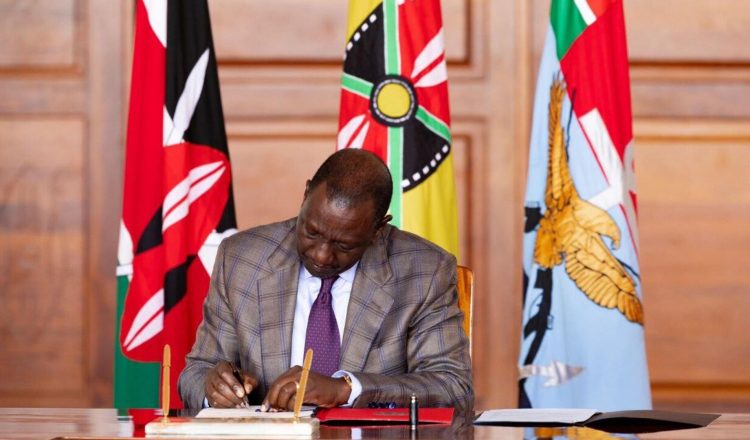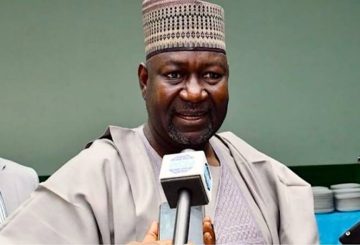In a bid to address Kenya’s budget deficit following the controversial withdrawal of the Finance Bill 2024, President William Ruto announced a series of stringent fiscal measures aimed at stabilizing the country’s economy. During a live address at the State House on Friday, President Ruto outlined a plan that includes significant spending cuts and increased borrowing.
The President revealed Sh177 billion in spending cuts alongside Sh169 billion in additional borrowing to bridge the budget gap. The Finance Bill, initially proposed to generate Sh346 billion through new taxes, faced widespread opposition and nationwide protests, leading to its withdrawal.
Among the critical budget priorities, the government will focus on hiring 46,000 Junior Secondary School teachers on a permanent and pensionable basis and recruiting medical interns. To support the agricultural sector, the government plans to purchase milk from farmers at Sh50 per liter and maintain the fertilizer subsidy.
The government also aims to complete stalled road projects, settle outstanding coffee debts, and fund the proposed Coffee Cherry Fund. Additionally, public-owned sugar firms will receive funds to settle debts owed to farmers, new university funding will be established, and arrears owed to counties and the National Government Constituency Development Fund (NGCDF) will be settled.
President Ruto also announced structural changes, including the dissolution of 47 State corporations with overlapping mandates, ending harambee (fundraising) activities for all State officers, and removing confidential budgets in all offices, including the President’s. Attorney General Justin Muturi has been tasked with preparing legislation to ban State officers from participating in harambee and other philanthropic activities.
In a move to further cut costs, President Ruto declared the cessation of funding to the offices of the First Lady and the spouses of the Deputy President and Prime Cabinet Secretary. The President also suspended the filling of the Chief Administrative Secretary (CAS) offices, despite Parliament’s recent approval of their appointments.
Additional austerity measures include a one-year suspension on purchasing motor vehicles for all government agencies and departments, excluding security teams, and a reduction of non-essential travel for officers. The budget for government building renovations will be slashed by 50 percent, and the number of government advisors will be reduced by 50 percent.
Public servants will now be required to retire at the age of 60, with no exceptions. To address the public debt issue, President Ruto announced the formation of an independent task force to conduct a forensic audit of the debt. This task force is expected to report its findings in three months, providing clarity on the extent and nature of Kenya’s debt and recommending management strategies.





